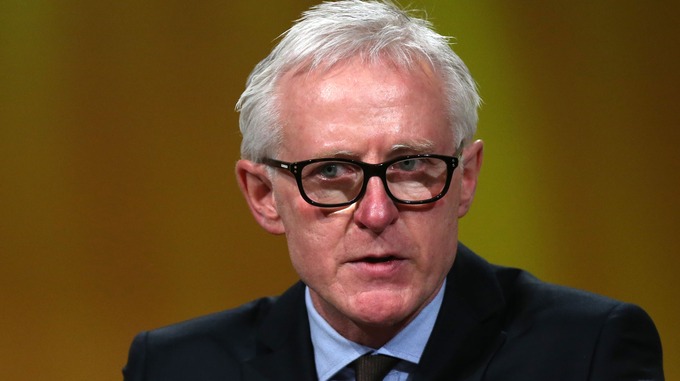Immediately after the 2015 General Election, the Liberal Democrats looked like a spent force. They had lost a clear identity or clear message apart from being somewhere in an already crowded centre ground. They had also lost credibility after the broken promise on tuition fees, and most significantly, had lost the youthful, leftist support that the party enjoyed during the New Labour governments, and with it, its purpose, relevance and power base. Even in 2016, things didn’t look rosy, as Tim Farron’s vision of rooting his party in the centre-ground was hardly inspiring people to back his party or to take its threat remotely seriously.
However, since the Brexit vote, The Liberal Democrats have regained their voice, and have been winning back support. Membership has gone up to past the 80,000 mark (being under 60,000 at the beginning of 2016), their support share in the polls has increased from being around 7 points to 12 -14 in average polling, and most importantly, they are simply winning more votes. In local elections, the Lib Dems have taken back some of the councils they lost in the coalition governments. In the Richmond Park (which they won) and Witney by-elections, the Lib Dems picked up more than 20% of the total vote share compared to their vote share in the general election. Even in the highly pro-Brexit Sleaford, the Lib Dems gained 5% more of the total vote share than they achieved in 2015.
I have been a member of the Lib Dems since 2015, and to be honest up until October I was almost embarrassed to admit it. I joined in the belief that Liz Kendall would win the Labour Leadership Election (lol), and also for a personal admiration for Norman Lamb, the North Norfolk MP known for his important work and understanding on mental health issues, who was running for leader. After the election of Tim Farron, I decided to stay in the party due to my doubts of Corbyn. But recently, as being a Lib Dem has became seemingly a respectable political position again, I have became more confident in my support of the party.

Trivia: Dappy from N Dubz backed Norman Lamb for Lib Dem leader, DAPPY (Photo: ITV)
On my social media feeds I have seen some people who were a year ago Corbynistas, or at least hardcore Labour voters, show their intentions to join the Lib Dems in recent weeks. One example of this is Courtney, a 21 year old Music Technology student. Courtney joined the Labour Party in 2015, but on Thursday told me that he was handing his membership card in to join the Lib Dems. “Well it’s been born completely out of a frustration with Corbyn, and the Labour party in general not acting like a strong opposition to a pretty ruthless Tory cabinet.” when asked about if the issue of Brexit and Europe has led to him making such a decision Courtney did confirm this was the case. “Definitely, seeing Corbyn ordering for Labour MPs vote for article 50 was pretty gutting and being pro-EU definitely helps push me in the direction of Lib Dems now.”
With Labour having absolute no clue on its position, and the Conservatives and UKIP treating anyone who still would like to remain in the EU as 2nd class citizens who for some reason don’t deserve an opinion, the Liberal Democrats are the only party representing those left behind following the referendum last year. The Lib Dems have always been the most pro-EU party, and their unapologetic pro-EU position has given the party a sense of purpose and relevance again. The rise of authoritarianism around the Western World has also helped the sense of purpose the Lib Dems currently have, as it puts their opposition to Brexit in a wider framework of protecting Liberal values.
Of course, not backing Brexit is a short term electoral strategy for the party, one which is designed to give the party voice again at the same time as staying consistent to Liberal values. The long term strategy must be to consolidate the rise of support by defending Liberal values. With authoritarianism on the rise, the need for a Liberal party is more important than it has been in over 50 years. The events of the last 12 months has made liberals like myself doubt the previous consensus that Liberalism had won the battle of ideas, now it is time to win that fight again. Furthermore, with the innovative and progressive mental health and drug policy ideas within the policy agenda (both spearheaded by Lamb), the Lib Dems are not just a one issue party, but a real alternative to Conservative England while Labour are busy fighting among each other.
In more Authoritarian countries, you find greater inequality, poverty, human rights abuses than Liberal countries, this is a message the Liberal Democrats, and indeed for that matter, Labour, have to carry over, to offer a real opposition to the dire situation the country is heading towards.

